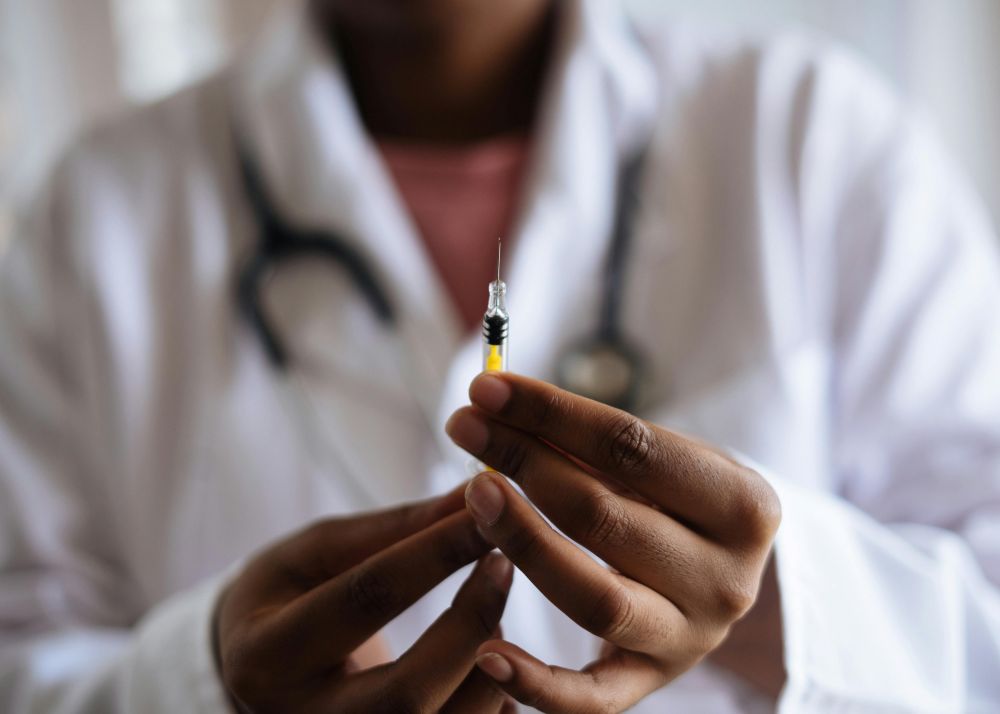AI-powered chatbot boosts HPV vaccine rates by informing and supporting Chinese parents.
A new digital tool is helping parents in China make informed choices about the HPV vaccine for their children—and it’s showing real results. The tool is a chatbot that talks with parents through their phones, answering common questions about the vaccine. It’s always available and offers answers in a conversational, simple way. Parents can ask about things like side effects, cost, safety, and how to get the vaccine. This may sound basic, but for many families, this kind of clear, easy-to-access information can make a big difference.
The HPV vaccine helps protect against cervical cancer, which is caused by a virus called HPV. Even though the vaccine is proven to work, many people around the world still don’t get it. In China, where cervical cancer makes up a large number of global cases, vaccine rates are especially low. Some of that has to do with cost or access. But another part of the problem is that people often have questions and don’t know who to ask—or they don’t feel comfortable talking to a doctor right away.
The chatbot was tested with more than 2,600 parents of girls between the ages of 12 and 15. Some parents just got the usual information about the vaccine. Others were able to chat with the digital tool. After two weeks, the difference between the groups was clear. Parents who used the chatbot were more likely to schedule or get the vaccine for their daughters. They were also more likely to speak with a health professional. In rural areas, where medical services can be harder to reach, the chatbot had an even bigger impact.

Researchers from different universities and health groups worked together on this project. They wanted to see if technology could help people in places where doctors aren’t always nearby. They also focused on making sure the information reached parents who are often overlooked—especially mothers and caregivers in smaller towns or poor neighborhoods. By keeping the language simple and the tool easy to use, they made it possible for more people to take part.
One important thing they found is that parents aren’t always against the vaccine. In many cases, they simply don’t have enough clear, trustworthy information. When that gap is filled, people feel more confident making choices for their kids. The chatbot didn’t just throw facts at people. It helped them feel heard and supported, which made a big difference.
Some parents used the chatbot as a first step before talking with a nurse or doctor. Others said it gave them the push they needed to finally make an appointment. Either way, the results show that people are more likely to act when they feel informed and in control. In fact, parents in the chatbot group were almost three times more likely to take the next step compared to those who got the standard information.
Now, the research team wants to try this approach in other countries, including places like Japan, where there has also been hesitation around the HPV vaccine. They also plan to adjust the chatbot to reach parents of boys, since more countries are starting to vaccinate boys as well. There’s even talk about using the same idea to help with other health topics, like mental health or pregnancy care.
This study shows that giving people a safe, friendly space to ask questions—especially when it comes to their children’s health—can go a long way. It’s not about fancy tech. It’s about listening, understanding, and helping people make the best choices for their families.


Join the conversation!